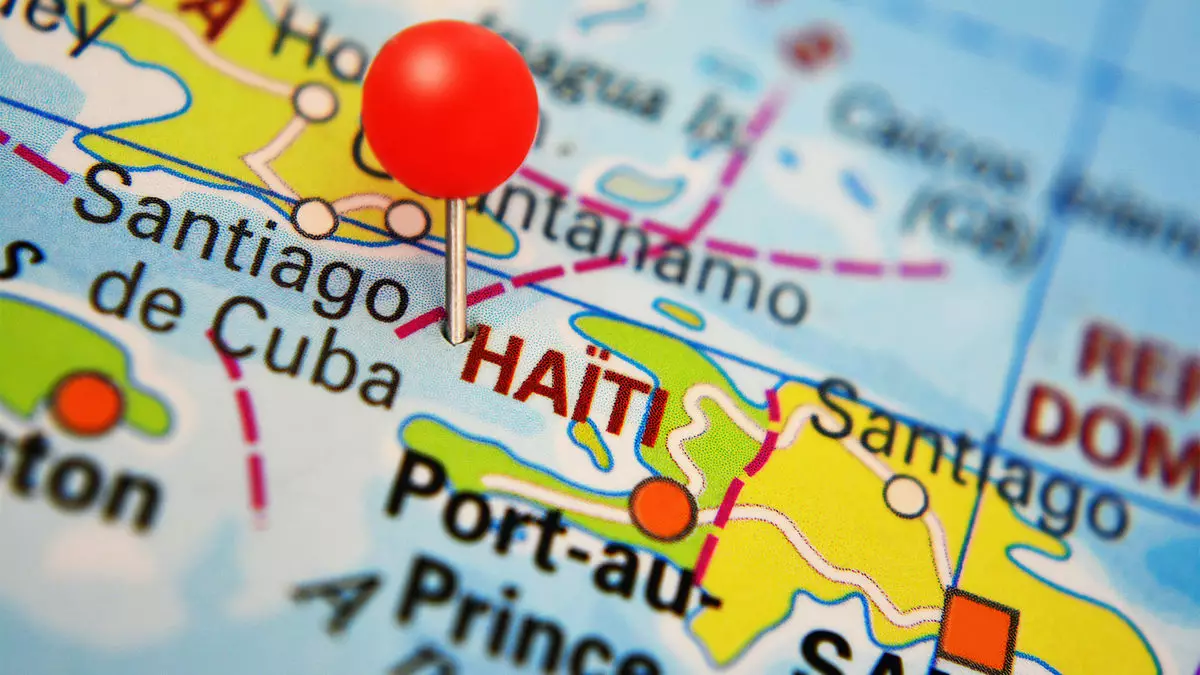In a troubling turn of events, the Federal Aviation Administration (FAA) has placed a 30-day prohibition on U.S. airlines flying to Haiti following alarming incidents of gunfire directed at Spirit and JetBlue aircraft. This heightened security measure extends to restricting operations in Haitian airspace below 10,000 feet. The gravity of the situation cannot be overstated, as Spirit, JetBlue, and American Airlines represent the sole U.S. carriers offering flights to this Caribbean nation, now grappling with severe instability.
The most significant incidents occurred on November 11 when a Spirit flight from Fort Lauderdale to Port-au-Prince was reportedly struck by gunfire upon descent, necessitating an emergency diversion to the Dominican Republic. Fortunately, only one flight attendant suffered minor injuries, while passengers remained unscathed. This incident raised immediate alarm regarding the safety of air travel to and from the Haitian capital. Following this, Spirit Airlines decided to indefinitely suspend its routes to Port-au-Prince and Cap-Haitien until a comprehensive evaluation of the security risks can be completed.
Meanwhile, JetBlue managed to operate its flight from Port-au-Prince to New York’s JFK without any immediate alarm during the flight. However, a subsequent post-flight inspection unveiled that a bullet had indeed hit the aircraft, prompting the airline to cooperate with relevant authorities in a detailed investigation. This disturbing revelation emphasizes that even if aircraft manifest no immediate signs of trouble, underlying risks persist, potentially jeopardizing the safety of passengers and crew alike.
Haiti is currently experiencing escalating lawlessness and rampant gang violence, a situation exacerbated by the assassination of President Jovenel Moïse in 2021. The aftermath of such a significant political upheaval has led the country into a vortex of chaos, marking a period of dramatic unrest and insecurity. Recently, Haiti welcomed a new prime minister, Alix Didier Fils-Aimé, amid this turmoil; however, the stability that the country desperately needs remains elusive.
The decision by the FAA to enforce these restrictions coincides with heightened anxiety regarding safety over Haiti’s airspace and the broader implications for travelers. Amid a backdrop of gang control and governmental instability, this prohibition by the FAA adds to the growing anxiety among potential travelers who may now reconsider the risks associated with visiting Haiti.
The consequences of this FAA directive are far-reaching. For U.S. airlines like Spirit and JetBlue, the financial implications of suspended services could be significant, as Haiti has been an essential destination for both leisure and humanitarian flights. Additionally, travelers need to be acutely aware of the shifting landscapes of safety when making travel plans—whether for business, vacation, or aid missions—during such uncertain times.
Ultimately, while the immediate concerns may be centered around gunfire incidents, the broader narrative intertwines national security, traveler safety, and the socio-political dynamics of Haiti, raising essential questions about the re-evaluation of travel protocols and potential future engagements with a country struggling for stability.


Napsat komentář